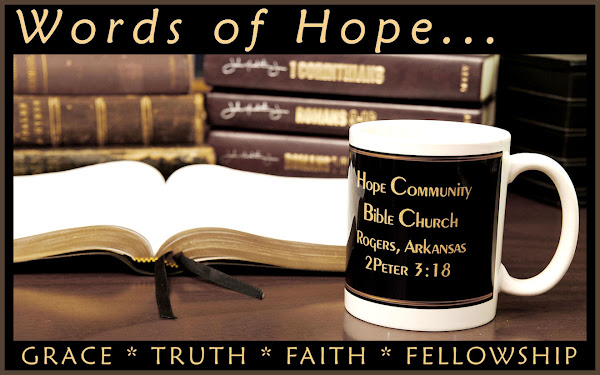17. What's the single most important thing you could do to improve the quality of your work life this year?
18. What's one new way you could be a blessing to your pastor (or to another who ministers to you) this year?
19. What's one thing you could do this year to enrich the spiritual legacy you will leave to your children and grandchildren?
20. What book, in addition to the Bible, do you most want to read this year?
21. What one thing do you most regret about last year, and what will you do about it this year?
22. What single blessing from God do you want to seek most earnestly this year?
23. In what area of your life do you most need growth, and what will you do about it this year?
24. What's the most important trip you want to take this year?
25. What skill do you most want to learn or improve this year?
26. To what need or ministry will you try to give an unprecedented amount this year?
27. What's the single most important thing you could do to improve the quality of your commute this year?
28. What one biblical doctrine do you most want to understand better this year, and what will you do about it?
29. If those who know you best gave you one piece of advice, what would they say? Would they be right? What will you do about it?
30. What's the most important new item you want to buy this year?
31. In what area of your life do you most need change, and what will you do about it this year?
The value of many of these questions is not in their profundity, but in the simple fact that they bring an issue or commitment into focus. For example, just by articulating which person you most want to encourage this year is more likely to help you remember to encourage that person than if you hadn't considered the question.
If you've found these questions helpful, you might want to put them someplace—in a day planner, PDA, calendar, bulletin board, etc.—where you can review them more frequently than once a year.
So let's evaluate our lives, make plans and goals, and live this new year with biblical diligence, remembering that, "The plans of the diligent lead surely to advantage" (Proverbs 21:5). But in all things let's also remember our dependence on our King who said, "Apart from Me you can do nothing" (John 15:5).
Copyright Disclaimer: All the information contained on the Center for Biblical Spirituality website is copyrighted by Donald S. Whitney. Permission granted to copy this material in its complete text only for not-for-profit use (sharing with a friend, church, school, Bible study, etc.) and including all copyright information. No portion of this website may be sold, distributed, published, edited, altered, changed, broadcast, or commercially exploited without the prior written permission from Donald S. Whitney.
